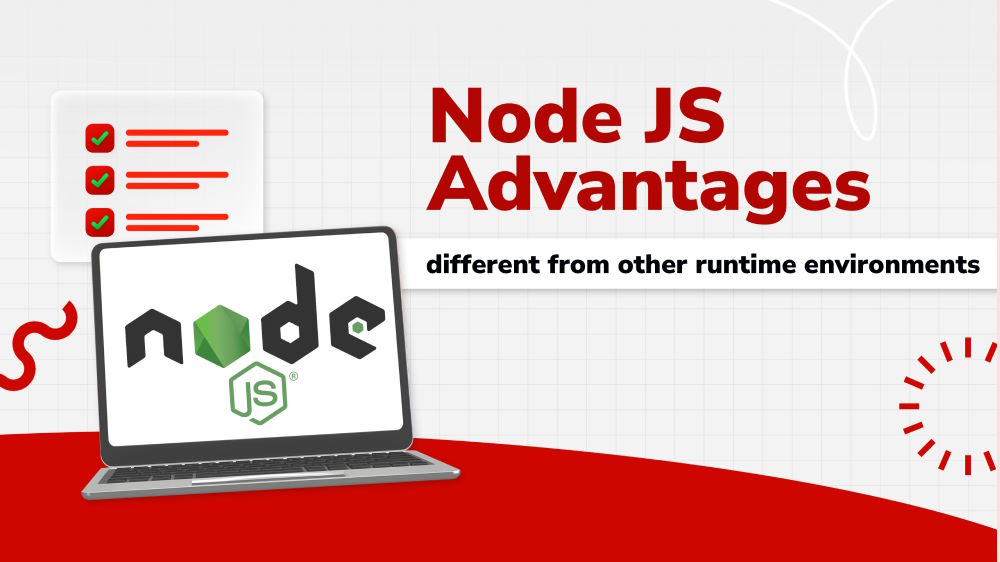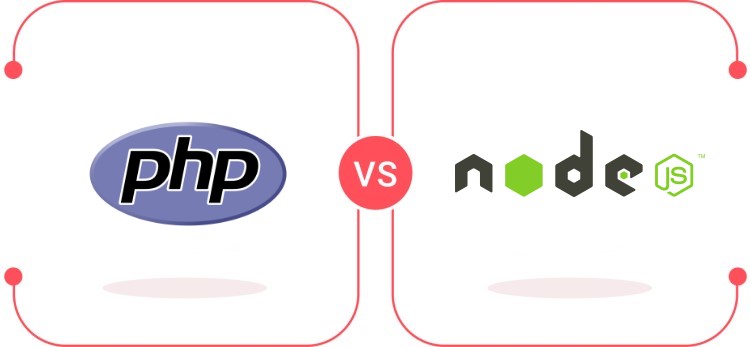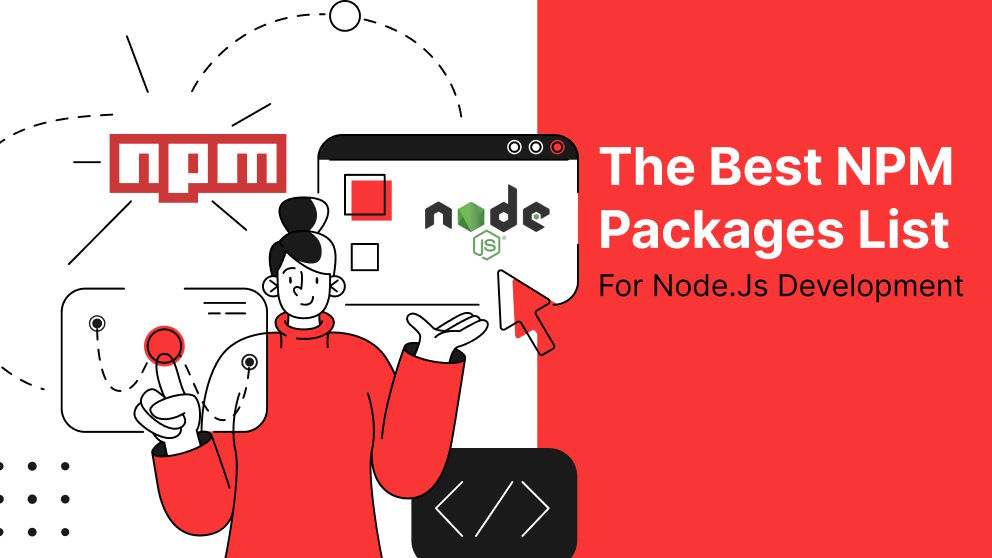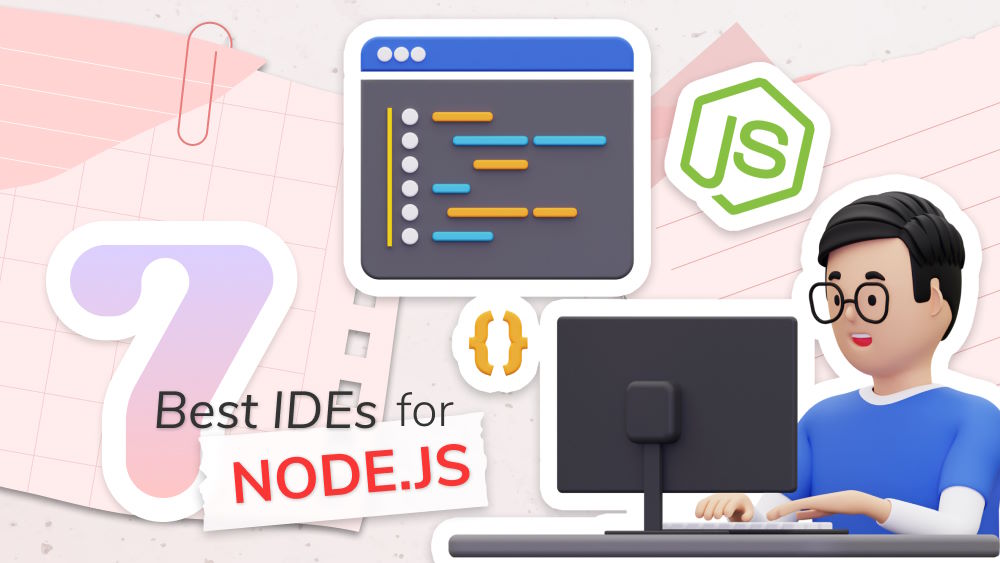
PHP vs. Node.js: Which is Right for You?

Content Map
More chaptersPHP and Node.js are two of the most popular programming languages for website and standalone application development on the market right now.
However, they each share a very different timeline, with PHP launching way back in 1995, while the younger of the two, Node.js, launched at a much later time in 2009. Yet, despite the disparity between their release schedule, both programming languages continue to enjoy a strong following, complete with frequent updates, new user-contributed tools and libraries, improved documentation and tutorials, and an abundance of modules (preset code) to help speed up the development process.
This begs the question: Which of the back-end technologies are right for you? Each has its pros and cons, and unless you are familiar with the technology, then you may struggle to know which of the two is right for your project. To help answer this question, first, you need to know what sets them apart.
PHP vs. Node.js: What is PHP?
PHP is one of the common server-side scripting languages that is used to build static and dynamic websites as well as web applications.
The term PHP is a recursive acronym (an acronym that refers to itself) that stands for Hypertext Preprocessor. This refers to the fact that the language can run on a server and process HTML before it is sent to a browser (client-side) and processed again. This greatly benefits developers, as it means they need to only provide the interfacing for the language as opposed to implementing the language itself into their applications, allowing for more complex and feature-rich languages to be used.
PHP code can be used in HTML code or used in tandem with web content management systems, other web frameworks, and web template systems. It can also contain tags such as HTML and client-side scripts such as JavaScript; thus, having some knowledge of HTML can be beneficial when building PHP websites and applications.
PHP vs. Node.js: What is Node.js?
Node.js is a JavaScript runtime environment, including everything you need to execute a program written in JavaScript.
Node.js was born when the original developers of JavaScript wanted a programming language that would let them build and execute applications out of a web browser and on to a machine as a standalone application. This means you can now use JavaScript to build more than just static and interactive websites but also standalone applications that run on a variety of machines.
Based on the V8 JavaScript runtime engine, Node.js takes your JavaScript code and converts it into low-level machine code, a faster alternative that lets you execute an application without the need to interpret it first.
Node.js uses an event-driven, non-blocking I/O (Input/Output) model. This means it can initiate more than one request at a time without having to wait for the first request to be completed, which results in fewer threads being used to handle the same amount of IO requests and being less resource-intensive on CPU and RAM power.
Moreover, being an event-based model means synchronization is faster when both the client and server sides use the same language.
Advantages of PHP
PHP has over 25 years of experience under its belt as a back-end technology that has powered literally hundreds of thousands – if not millions – of websites over its lifecycle.
The programming language is consistently fast, reliable, flexible, and relatively up-to-date with modern programming and development standards. Furthermore, it has strong documentation and community support, with a near-limitless number of tools, libraries, and assets at your disposal to bring your website and application to life.
Other benefits to consider, when weighing up PHP vs. Node.js, include the fact that PHP is:
- Open source and free to use
- Supported by most web hosting services which make it a cost-effective choice
- A server-side scripting language, so you only need to install it on the server – all the client needs is a web browser.
- Ready with built-in support for MySQL
- Compatible with other database management systems such as ODBC, Oracle, Postgres, and MS SQL Server
- Cross-platform, so you can deploy your application across multiple operating systems like Windows, Linux, and macOS
Advantages of Node.js
Despite being around for over a decade, Node.js has proven to be a worthy contender to PHP. The programming language has strong corporate support, used by the likes of Uber, PayPal, Zendesk, and Trello. And the available tools, libraries, and assets have been built in mind to comply with modern programming and development standards.
Perhaps, most importantly, it’s easy to learn, so it’s highly accessible to new and upcoming developers looking to enter the field without being discouraged by a tough learning curve.
Other advantages of Node.js include:
- Non-blocking I/O for asynchronous request handling
- The ability to share and reuse code, thus greatly speeding up the development process
- Based on the V8 engine, which means fast performance and quicker development times
- It is a scalable technology for microservices, allowing developers to break up large, complex applications into their own individual moving parts, making it easy to add new microservices on top of existing ones.
Drawbacks of PHP
Being over 25 years old, PHP has some aspects that are still tied to ‘old school’ programming sensibilities. So, while this makes it ideal for maintaining older legacy systems, it can be hard to recommend for building new websites and applications from scratch.
- Hard to implement Node.js into previous PHP projects, reducing its potential to cooperate with other languages
- A steep learning curve, requiring developers to be familiar with how operators and generators work in Apache HTTP Servers, MySQL, and Linux.
- Slower in terms of speed and performance compared to the more lightweight, efficient Node.js (largely due to it being a blocking I/O model, where each request must be complete before it can start a new one)
- Limited compatibility with non-relational, NoSQL databases
- Resource-intensive on CPU and RAM, limiting its ability to create applications and websites that run well on older machines and devices
Drawbacks of Node.js
While there is a lot going for Node.js, it does have some drawbacks. As a newer programming language, it’s still in a constant state of growth, which can impact its general backward compatibility with certain libraries and modules.
Some users have also reported an inconsistent level of quality in its registries and code, which can stump amateur programmers as to why their website or application is not working properly.
- Less ideal for maintaining older, legacy PHP projects
- Requires longer lines of code than PHP
- Frequent API changes make it prone to instability
- Fewer tools, libraries, and assets to choose from
- Inconsistent quality of libraries
- Not as large of an ecosystem as PHP, which has a much longer history of documentation and community support
Conclusion

Both PHP and Node.js are exceptional programming languages with their own strengths and weaknesses.
While PHP has a history of strong documentation and community support with a massive library, as time goes on, Node.js is gradually catching up with its older sibling and can offer just as much if not better functionality and support.
For these reasons, it is important that you consider the unique requirements of your new or existing website and standalone application and choose a programming language that best fits your needs.
And if you are unsure which programming language is right for you, consider reaching out to a software development company that can assess your needs and recommend the best solution for you.






